At a recent event in Denver, more than 150 members of the Vincentian Family gathered to discuss the Catholic social teachings regarding immigration issues in the United States. Participants were committed to coming away with a shared vision and collective response to the challenges many immigrants face in their journeys.
The theme for the event was Challenging Voices. Healing Voices. How Can We Be Silent? Participants were encouraged to meet people from various branches of the Vincentian Family, to learn from one another and hear different perspectives.
Fr. Guillermo Campuzano, C.M., the delegate from the Congregation of the Mission to the United Nations, offered an insightful overview of many of the challenges and opportunities associated with immigration. His remarks focused on increased globalization, cultural and ethnic diversity in the United States, Catholic social teaching which affirms the right for any human being to migrate, separation of immigrant children and parents, and a nation’s right to regulate borders.
“Migrants and refugees are not pawns on the chessboard of humanity. They are children, women and men who leave or are forced to leave their homes for various reasons, who share a legitimate desire for knowing and having, but above all, for being more.”
– Pope Francis
The focus on these challenges created the climate for offering a healing presence for each participant to consider. How can we as Vincentians respond to the need for healing – healing for those who have migrated here from other countries yet have no rights, as well as healing for our nation? Do we see the person without documentation in our neighborhood and offer hospitality? Do we pray for healing for individuals who come to the United States for protection and find themselves victims of human trafficking? Do we offer sanctuary in our churches, city, state? How can we be silent?
Atim Otii, Immigration Lawyer with Lutheran Family Services, shared with the participants the process for citizenship that is in place here in the United States. How do we use our voice to share with others in our own communities about the injustices? How do we vote, considering those who live here without documentation? How do we use our voice in Congress, writing to our representatives or otherwise publicly sharing our views and what we have learned?
As we ended the evening, each member chose an action step and a statement of something they learned to take to their branch of the Vincentian Family. Let us voice our own concerns; let us speak with our voting; let us write letters; let us learn more; let us enter into a relationship with those who are different from ourselves.
